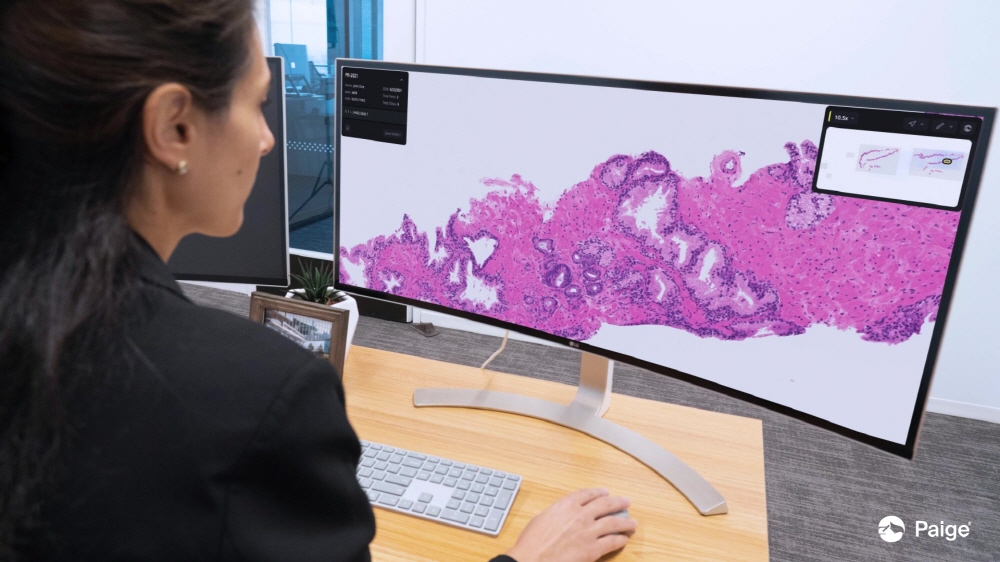
The U.S. Food and Drug Administration (FDA) announced on September 21 (local time) that it has approved and marketed Paige Prostate, an AI designed to detect cancer in prostate scan images, as software to assist physicians. Accordingly, it is expected that the number of prostate cancer examinations and the examination accuracy, which rank high in both patients and mortality in cancer, will be greatly improved.
Prostate cancer, which occurs in the male reproductive system, is the most common cancer among men in the United States except for non-melanoma skin cancer. Paige, an AI company founded in 2017, reported on Sept. 21 that the company’s AI for prostate cancer detection, Paige Prostate, had received FDA approval, according to a De Novo application for an innovative medical technology. According to the announcement, Page Prostate is the first to receive FDA approval as an AI for cancer-specific analysis by analyzing biopsied prostate tissue slide images.

For approval, the FDA evaluated the results of a clinical trial involving 16 specialists. In this trial, 527 slides were used, including 171 slides of prostate biopsy with malignant tumors and 365 slides of benign tumors, and each specialist analyzed the slides with and without Page Prostate Assist.
The test results confirmed that Page Prostate improved the cancer detection rate by 7 percentage points from 89.5% to 96.8%, while not affecting the detection rate of benign tumors. In addition, doctors who received the Page protestate support said that false-negative diagnoses were 70% false and positive diagnoses were reduced by 24%.
Dr. Tim Stenzel, director of in vitro diagnostics and radiation health at the FDA Medical Device Radiation Health Center, said on a daily basis that biopsies of suspected tissues, including pathology and prostate cancer, were diagnosed for Page prostate. Identification of suspected areas of cancer will aid in diagnosis that will lead to appropriate pathology treatment.
Page emphasized that the FDA approval marks the beginning of a new era in computer-aided diagnosis of pathology. Related information can be found here.

